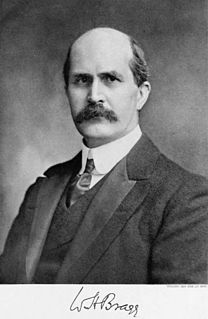A Quote by Rudolf Arnheim
Just as a chemist "isolates" a substance from contaminations that distort his view of its nature and effects, so the work of art purifies significant appearance. It presents abstract themes in their generality, but not reduced to diagrams.
Related Quotes
I don't know why you'd want to say your work comes from nature, because art is related to perception, not nature. All abstract artists try to tell you that what they do comes from nature, and I'm always trying to tell you that what I do is completely abstract. We're both saying something we want to be true.
There is a reductive nature to the Internet, and it's not limited to comic book news sites and stuff: it's everybody. There is a reductive nature of it, by which anything that's said very quickly gets reduced down to the next. Reduced, reduced, reduced to the point where rumors with some sense of nuance to them just become fact.
My mom is an experimental chemist and physicist, so she is a cut-and-dried, nuts-and-bolts kind of woman, and my dad is a theoretical chemist, so we were definitely raised with his philosophical point of view: imaginary numbers and dimensions beyond our own. That's the kind of thing we would talk about.
The output is far from smooth, and the impact on dispatchable plant required to deal with residual demand is highly significant. Our view is that plant operating under these conditions in the support role for wind will suffer: 1) reduced availability, 2) significantly reduced efficiency, and thus 3) higher emissions per MWh generated.
It is thus that the generality of mankind, whose lot is ignorance, attributes to the Divinity, not only the unusual effects which strike them, but moreover the most simple events, of which the causes are the most simple to understand by whomever is able to study them. In a word, man has always respected unknown causes, surprising effects that his ignorance kept him from unraveling. It was on this debris of nature that man raised the imaginary colossus of the Divinity.
If somebody asks me about the themes of something I'm working on, I never have any idea what the themes are. . . . Somebody tells me the themes later. I sort of try to avoid developing themes. I want to just keep it a little bit more abstract. But then, what ends up happening is, they say, 'Well, I see a lot here that you did before, and it's connected to this other movie you did,' and . . . that almost seems like something I don't quite choose. It chooses me.
I know now that he who hopes to be universal in his art must plant in his own soil. Great art is like a tree, which grows in a particular place and has a trunk, leaves, blossoms, boughs, fruit, and roots of its own. The more native art is, the more it belongs to the entire world, because taste is rooted in nature. When art is true, it is one with nature. This is the secret of primitive art and also of the art of the mastersMichelangelo, Czanne, Seurat, and Renoir. The secret of my best work is that it is Mexican.
Whenever Nature's bounty is in danger of exhaustion, the chemist has sought for a substitute. The conquest of disease has made great progress as a result of your efforts. Wherever we look, the work of the chemist has raised the level of our civilization and has increased the productive capacity of the nation. Waste materials, formerly cast aside, are now being utilized.







































